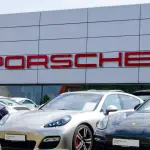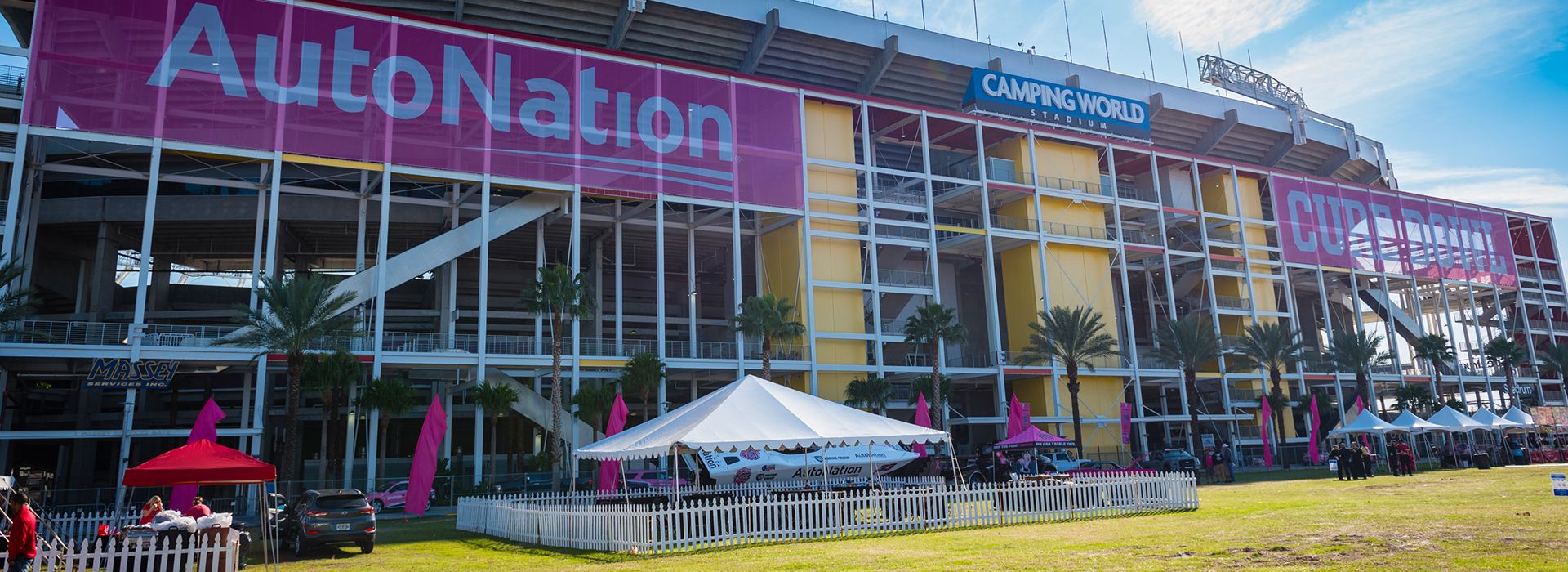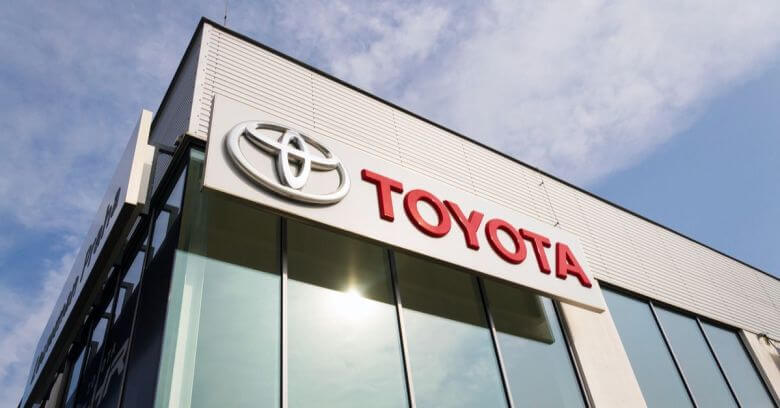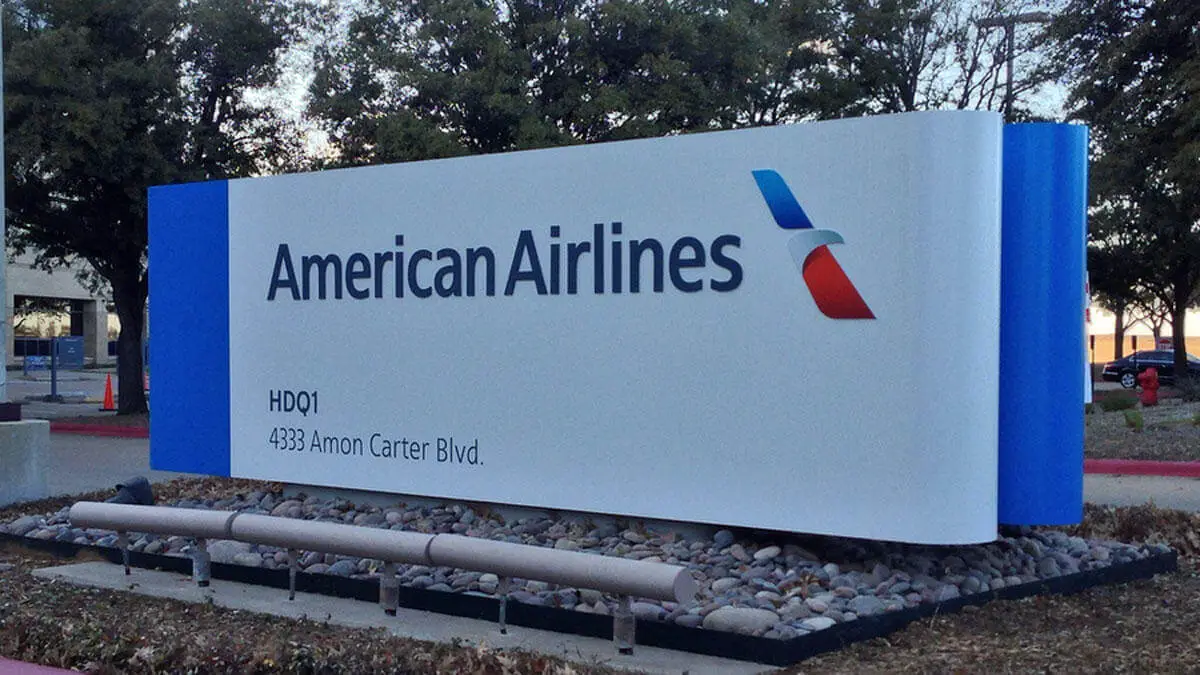Volkswagen Mission and Vision Statement Analysis

Volkswagen does not have an official mission statement. However, its goal is “to offer attractive, safe and environmentally sound vehicles which can compete in an increasingly tough market and set world standards in their respective class.” This company goal represents everything the firm does to advance towards its vision. Its emphasis is on maintaining a quality that out wins all other competitors in all facets. The statement has these key components:
- Distinguished quality
- Exceeding expectations
Through the first component, Volkswagen indicates the primary reason why it has been at the top for over 80 years. All the cars are designed to perfection to offer the best driving experience. For instance, the Atlas Cross Sport and the Arteon are some of the latest any customer would want to have. In addition, VW extends its presence to other aspects including its wide involvement in the sporting sector through support and sponsorship. It also exceeds its expectations in its empowerment programs such as classroom support across American and world.
Introduction
Volkswagen, popularly known as VW, is a leading automaker based in Germany and has been operating at the top level since 1937. The consistency of VW in what it does comes down to mission and vision statements that are a perfect fit for the business.
A corporate vision statement highlights where a business what to be in the future in terms of growth and development, while a corporate mission statement describes the strategies that are appropriate to fuel this development. In this case of VW, the vision statement of the company is on how it exploits its expertise in auto designs to improve the world.
The mission statement adds to this by emphasizing on properties that make its vehicles ideal in the modern markets. In addition, VW has overly relied on its core values to remain at the top of its game. This shows the difference that going for the appropriate corporate statements and values can have on the progressiveness of a business.
Vision Statement
Volkswagen vision statement is “to make this world a mobile, sustainable place with access to all the citizens.” The focus of this company in this statement is initiating mobility changes across the world through its products. The statement has the following components:
- Global reach
- Improve mobility and sustainability
VW has proven its ability to reach people across the globe through its expansion. Today, these German machines are available in virtually all parts of the world. In addition, they are also adapted to the different environments, a design that enables VW to meet the mobility and sustainability demands irrespective of where vehicles are used.
Core Values
Volkswagen core values comprise “accountability, teamwork, servant’s attitude, and integrity.” The popularly of this company confirms that it diligently serves and satisfies the needs of all its customers. This is among the various practices that VW is known for, together with being a responsible corporation due to its core values. The company has also managed to withstand both internal and external challenges in its business because of how it values teamwork and doing things right.
References
Beukes, C., & van Wyk, G. (2016). An investigation of the marketing performance measurement practices in Hatfield Volkswagen group. African Journal of Business Management, 10(6), 131-139.
Brătianu, C., & Bălănescu, G. V. (2008). Vision, mission and corporate values. A comparative analysis of the top 50 US companies. Management & Marketing, 3(3), 19-38.
Chojnacki, K. (2000). Relationship marketing at Volkswagen. In Relationship Marketing (pp. 49-58). Springer, Berlin, Heidelberg.
Dermol, V. (2012). Relationship between mission statement and company performance. Analele Ştiinţifice ale Universităţii» Alexandru Ioan Cuza «din Iaşi. Ştiinţe economice, 59(1), 325-341.
Doleschal, R. (1992). Internationalization and the Reorganization of Production and Marketing in the Volkswagen Corporation. In The internationalization of the German political economy (pp. 90-109). Palgrave Macmillan, London.
Koplin, J., Seuring, S., & Mesterharm, M. (2007). Incorporating sustainability into supply management in the automotive industry–the case of the Volkswagen AG. Journal of Cleaner Production, 15(11-12), 1053-1062.
Pearce II, J. A. (1982). The company mission as a strategic tool. Sloan Management Review (pre-1986), 23(3), 15.
Siano, A., Vollero, A., Conte, F., & Amabile, S. (2017). “More than words”: Expanding the taxonomy of greenwashing after the Volkswagen scandal. Journal of Business Research, 71, 27-37.
Volkswagen, A. G. (2008). Volkswagen. Anciens Etablissements D’Ieteren Freres SA.











